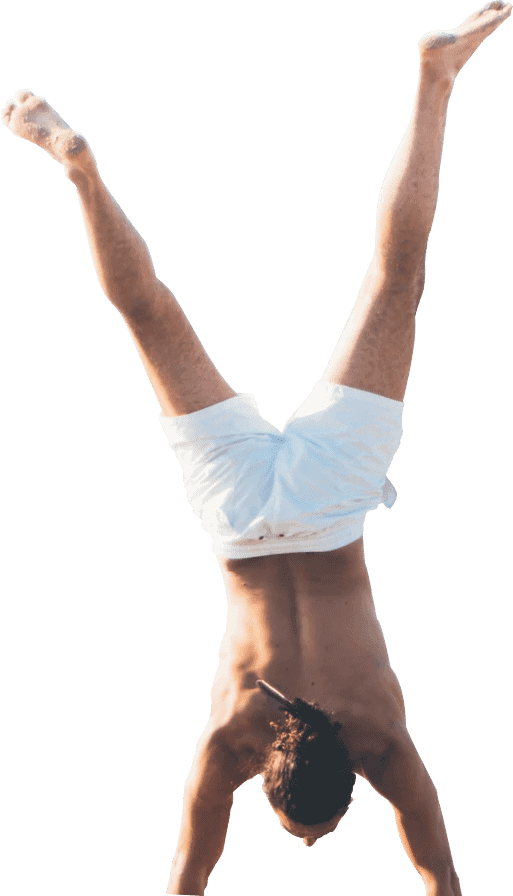By Jade Chan
Physiotherapist at Life Ready Mobile
________________________________________________________________________
Do you have a parent who is getting older or frailer? Are they living on their own, in a retirement village or an aged care facility? Chances are they have chronic pain.
Based on a report by the Department of Health Commonwealth of Australia1, one in three older Australians above the age of 65 experience chronic pain. Of those living in aged care facilities, 80% of them report persistent pain.
What are the most common pains experienced by the elderly?
Musculoskeletal pain
Lower back pain is the number one cause of disability in Australia and globally2. As we age, our muscles and joints become less flexible, making it easier to strain our muscles and for our joints to become stiff with long periods of sitting or lying down.
Neck pain is another common affliction in the elderly. Neck muscles are very sensitive, and because they link so closely to the nerves from the brain, tension can result in headaches or dizziness.
Shoulder pain. The shoulder is wrapped around by the rotator cuff, a group of muscles responsible to stabilise the shoulder joint. Over time, their tendons can wear and tear leading to instability or pain.
Knee pain. Our knees do a great job at supporting our body weight. The meniscus, a cushion within our knee joints, also works as a grease pad to lubricate movement. However like brake pads, they can get worn out which can be painful.
Our aged care physiotherapists enjoy working with the elderly, teaching them exercises to keep their muscles and joints healthy and strong. Strong muscles stabilise joints and take some of the pressure away from the joints.
Physiotherapists can also loosen stiff joints, perform dry needling or massage tense muscles which cause pain.
Osteoarthritis
Osteoarthritis occurs when joints become inflamed and the cartilage within the joints starts to break down. This can lead to pain and stiffness, usually worse in the morning. Common areas of osteoarthritis are the hands, hips and knees.
The key to staying on top of this is by being physically active. Group exercises such as Pilates, hydrotherapy or Living Longer Living Stronger conduct balance and strength and are proven to not only help arthritis, but also osteoporosis, heart and lung conditions, and prevent falls.
Physiotherapists can also prescribe supportive equipment such as a brace or strapping to strengthen weak joints.
Joint replacement/fractures?
Joint replacement is common in the elderly especially those living in aged care facilities. Sometimes this is done to ease severe joint pain. Other times it could be due to an injury from a fall, such as a broken hip.
Physiotherapists are trained at prescribing exercises to prevent falls. We also know that early rehabilitation after a joint replacement or a fracture is crucial to getting the elderly back on their feet or they risk losing their mobility.
Heart or lung disease
Some of the common symptoms of having heart or lung disease include breathlessness, fatigue, chest pain, and swollen legs.
Physiotherapists can prescribe exercises to ease breathlessness, improve cardiovascular function and reduce fatigue.
Our lymphoedema physiotherapists have post graduate training in lymphatic drainage, compression garments and clinical skin care to help reduce swelling.
We love our elderly and we know that sometimes joint pain, poor mobility or shortness of breath might make a trip to the physio almost impossible. If that’s the case, let us come to you instead! We have a dedicated mobile team of physiotherapists who can visit you at your convenience.
If you would like to find out more about how we can help your ageing loved one, you can also take a look at our page on Geriatric Care, or reach out to us online.
REFERENCES
1 Painaustralia (2019). National Strategic Action Plan for Pain Management, p.4.
2 Institute for Health Metrics and Evaluation (IHME). Findings from the Global Burden of Disease Study 2017. Seattle, WA: IHME, 2018.
